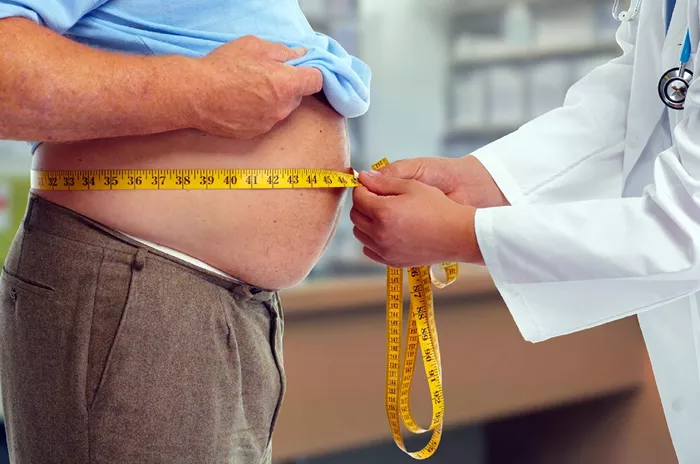Weight-loss surgeries among U.S. adolescents rose by 15% between 2021 and 2023, even as new medications for obesity gained FDA approval, according to a new study led by researchers at UT Southwestern Medical Center. The findings, published in The Journal of Pediatrics, highlight how severe obesity in teenagers—one of the fastest-growing age groups with this condition—is being treated.
“This is the highest number of U.S. adolescents accessing this safe and effective treatment,” said Dr. Sarah Messiah, Professor of Epidemiology and Associate Dean for Research at UT Southwestern’s Peter O’Donnell Jr. School of Public Health. She co-led the study with Dr. Sarah Barlow, Professor of Pediatrics at the same institution.
In 2018, about 9.1% of U.S. adolescents had Class II or III obesity. These severe forms of obesity are linked to health problems such as heart, liver, and kidney disease, sleep apnea, and mental health issues.
Metabolic and bariatric surgery (MBS), which includes gastric sleeve, gastric band, and gastric bypass procedures, is seen as the most effective long-term treatment for severe obesity. It helps reduce weight and lowers the risk of obesity-related conditions.
Meanwhile, a new class of weight-loss drugs, known as GLP-1 receptor agonists (GLP-1RAs), has become popular. Semaglutide, a leading drug in this group, was approved by the FDA for adults in 2021 and for adolescents in 2022. These drugs can help people lose 15% to 20% of their body weight and offer a non-surgical alternative to MBS.
However, access to these medications remains limited. Dr. Messiah noted that Medicaid in most states, including Texas, does not cover GLP-1RAs for obesity treatment. Private insurance coverage is also limited, making the drugs expensive and harder to obtain.
To understand how the rise of GLP-1RAs may have influenced surgical trends, the researchers analyzed data from a national database that includes information from nearly 1,000 accredited U.S. centers performing MBS. They reviewed the number of MBS procedures performed on adolescents aged 13–19 and adults from 2021 to 2023, and gathered demographic data.
The number of adolescent surgeries increased from 1,376 in 2021 to 1,581 in 2023. During this period, the average age of teen patients fell slightly from 17.91 to 17.79. The majority of surgeries—over 86%—were gastric sleeve procedures.
Among adults, the number of MBS procedures rose from 209,829 in 2021 to 229,159 in 2022 but declined to 216,323 in 2023. Researchers suggest the drop may reflect more adults turning to GLP-1RAs instead of surgery.
The study also revealed that much of the rise in adolescent surgeries came from Hispanic and non-Hispanic Black teens, groups more affected by severe obesity than non-Hispanic white teens.
However, nearly one-third of adolescents undergoing MBS had a body mass index (BMI) over 50. Dr. Messiah said earlier intervention could have reduced their BMI at younger ages and lowered long-term health risks.
“Severe obesity is very common—far more than it should be—and often doesn’t respond to lifestyle changes alone,” said Dr. Barlow. “Given the need and potential benefit, the number of adolescent bariatric surgeries remains relatively low.”
Looking ahead, the researchers say that future treatment for severe obesity in teens will likely combine surgery, medication, and lifestyle support to improve long-term health outcomes.
Related Topics:
How to Qualify for Weight Loss Injection? Detailed Instruction
How to Get Prescribed Weight Loss Injection? A Detailed Guide
How to Ask Doctors for Weight Loss Injection? A Detailed Guide


